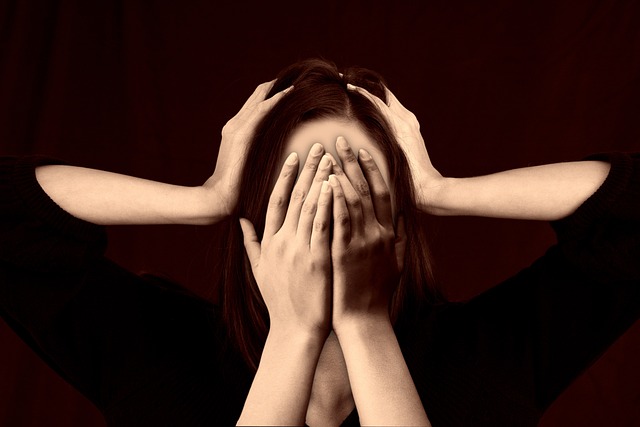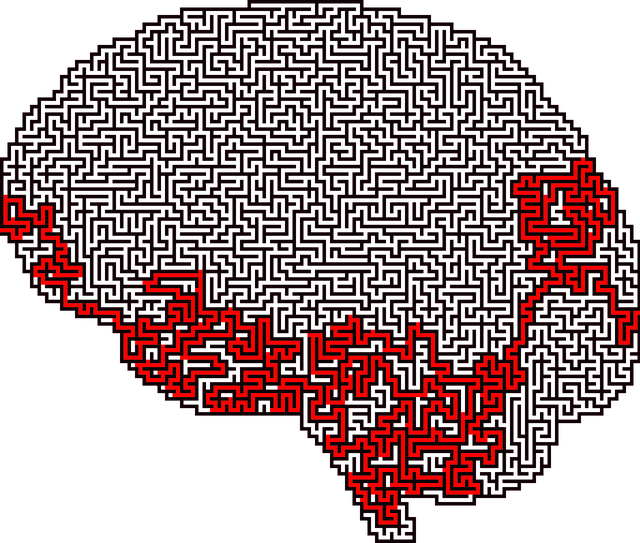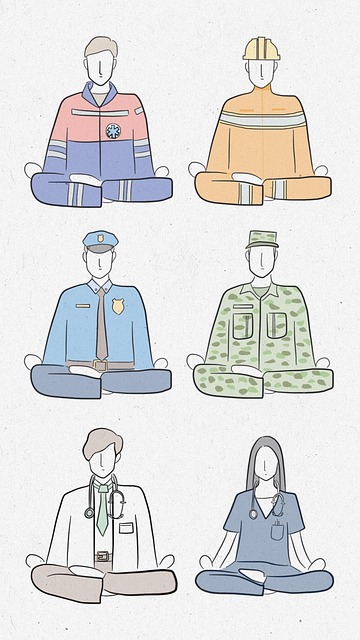Oppositional Defiant Disorder (ODD) in young children aged 3–12 requires early intervention through tailored Social Skills Training (SST). SST focuses on communication, emotional regulation, and social interactions using structured activities, role-playing, and group therapy. This approach reduces oppositional behavior, teaches stress management, and fosters prosocial behaviors while preventing caregiver burnout. By integrating practical strategies into daily life, SST enhances emotional well-being and builds meaningful connections for children with ODD.
Social skills training is a powerful tool in the mental health arsenal, especially for young children struggling with oppositional defiance disorder (ODD). This article delves into the understanding and treatment of ODD, highlighting the critical role of social skills training. We explore effective strategies to enhance interactions and reduce disruptive behaviors, offering valuable insights for therapists and caregivers. By implementing these approaches, mental health professionals can significantly improve outcomes for young children with ODD, fostering healthier relationships and better social integration.
- Understanding Oppositional Defiance Disorder (ODD) in Young Children
- The Role of Social Skills Training in ODD Treatment
- Effective Strategies for Social Skills Training in Mental Health Care
Understanding Oppositional Defiance Disorder (ODD) in Young Children

Oppositional Defiance Disorder (ODD) is a common mental health condition often diagnosed in young children, typically aged 3 to 12 years old. It’s characterized by persistent and frequent arguments with authority figures, refusal to comply with rules or requests, and angry and resentful behaviour. Children with ODD may display frequent temper tantrums, talk back, refuse to participate in activities, and blame others for their mistakes or misbehaviours. This condition can significantly impact a child’s social interactions, academic performance, and family dynamics.
Early intervention is crucial for managing ODD, as it can lead to more severe mental health issues later in life if left untreated. Therapy for young children with ODD often focuses on building resilience, teaching coping strategies, and improving communication skills. Mental health professionals conduct a thorough risk assessment to tailor interventions that support both the child and their family. Burnout prevention strategies are also essential for caregivers as they navigate the challenges of managing a child with ODD, fostering an environment conducive to positive behaviour change and enhancing overall well-being.
The Role of Social Skills Training in ODD Treatment

Social Skills Training plays a pivotal role in treating Oppositional Defiant Disorder (ODD) in young children. This therapeutic approach focuses on enhancing communication, interaction, and emotional regulation abilities, which are often impaired in individuals with ODD. Through structured activities and role-playing scenarios, therapy helps children learn effective ways to express their feelings, manage anger, and resolve conflicts, thereby improving their relationships with peers and adults.
The process involves teaching specific social skills such as active listening, empathy building, and appropriate assertiveness. These strategies not only help in reducing oppositional behavior but also foster better stress management. Workshops on self-care routine development for better mental health are often integrated into the training, equipping young patients with tools to regulate their emotions independently. Empathy building strategies, a key component of social skills training, teach children to understand and share the feelings of others, promoting prosocial behaviors and reducing antagonistic attitudes.
Effective Strategies for Social Skills Training in Mental Health Care

Social Skills Training (SST) is a powerful tool within mental health care, especially for young individuals struggling with conditions like Oppositional Defiant Disorder (ODD). Effective SST goes beyond traditional therapy sessions; it integrates practical strategies into everyday life to foster meaningful connections and improve emotional well-being. One key approach is role-playing, where clients rehearse social interactions in a safe environment, enhancing their ability to respond appropriately in real-life scenarios.
Additionally, group therapy sessions can provide a supportive network, encouraging empathy building among peers. By learning from one another’s experiences, young people develop better understanding and response to others’ emotions. Burnout prevention techniques, such as teaching mindfulness and stress management skills, are also integral to SST, ensuring clients maintain resilience and motivation throughout their healing journey.
Social skills training is a powerful tool in the therapy for young children with Oppositional Defiance Disorder (ODD), offering evidence-based strategies to enhance their interactions and overall well-being. By incorporating effective practices from mental health care, professionals can navigate the challenges of ODD, fostering better social functioning and improving family dynamics. These strategies not only benefit individuals with ODD but also contribute to a more positive and supportive social environment for all.








